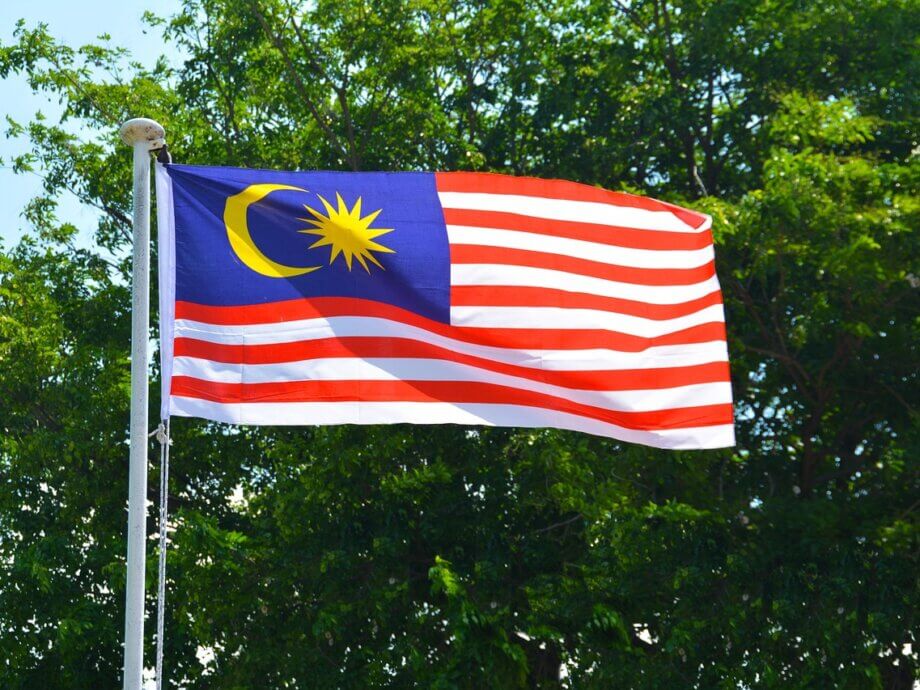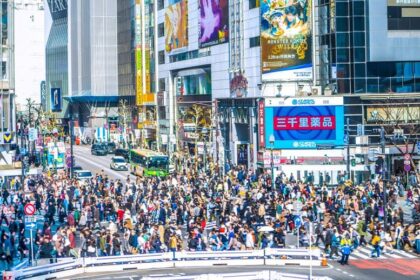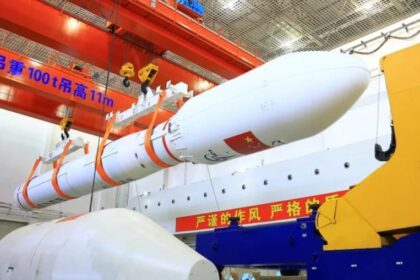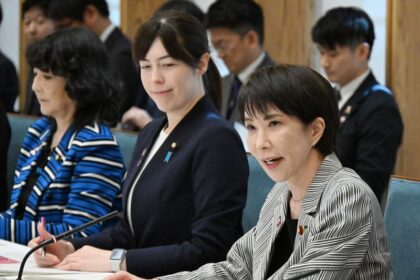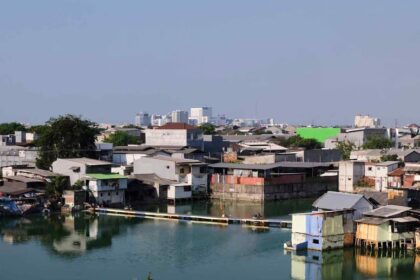Introduction: The Quiet Rise of Fear in Malaysian Society
In recent years, Malaysia has witnessed a subtle but profound shift in the way patriotism is expressed and perceived. What was once a vibrant, creative, and heartfelt celebration of national identity has, in many ways, become overshadowed by a growing culture of fear. This fear, rooted in both official policies and societal reactions, now influences how Malaysians engage with symbols of the nation, participate in public discourse, and even express their love for their country. The consequences of this shift are far-reaching, affecting not only individual freedoms but also the collective spirit of unity and progress that has long defined Malaysia’s multicultural society.
- Introduction: The Quiet Rise of Fear in Malaysian Society
- Patriotism: From Heartfelt Expression to Regulated Conduct
- The Culture of Fear: How It Took Root
- Impact on Media and Freedom of Expression
- Youth and the Politics of Fear
- Patriotism in a Multicultural Society: Challenges and Opportunities
- Fear, Tolerance, and the Future of Malaysian Society
- Expert Perspectives and Calls for Change
- In Summary
Patriotism: From Heartfelt Expression to Regulated Conduct
Patriotism in Malaysia has historically been a unifying force, bringing together diverse ethnic and religious communities under a shared national identity. The Jalur Gemilang (the Malaysian flag) and patriotic songs have served as powerful symbols of this unity. In the past, expressions of patriotism were often spontaneous and creative, as seen in schoolchildren’s flag drawings or iconic performances by artists like Sudirman Arshad, who famously donned a flag-themed outfit and sang “To Know Malaysia is to Love Malaysia” at the 1989 SEA Games closing ceremony. These acts were celebrated for their sincerity and ability to inspire national pride.
However, over time, official guidelines and societal expectations around the use of national symbols have become increasingly strict. While the intention behind these regulations is to foster respect for the flag and other national icons, the unintended consequence has been the cultivation of anxiety and self-censorship. Many now fear that even an honest mistake—such as an incorrect flag design—could provoke public outrage or legal repercussions. This environment stifles creativity and discourages genuine expressions of patriotism, replacing them with cautious, formulaic displays.
The Culture of Fear: How It Took Root
The emergence of a culture of fear in Malaysia is not limited to the realm of patriotism. It extends into media, civil service, and public discourse, shaping the way individuals and institutions operate. Several factors have contributed to this phenomenon:
- Strict Regulations and Legal Threats: Laws such as the Sedition Act, the Printing Presses and Publications Act, and the Peaceful Assembly Act have been used to criminalize peaceful expression and dissent. These laws are often broad and vaguely worded, giving authorities wide latitude to interpret and enforce them as they see fit.
- Public Outrage and Social Media Amplification: In the digital age, mistakes or controversial statements can be rapidly disseminated and scrutinized online. The fear of viral backlash and the potential for police reports or investigations create a chilling effect, leading to self-censorship among journalists, civil servants, and ordinary citizens.
- Government Directives: Recent directives prohibiting civil servants from making public statements that could be seen as critical of government policies have further narrowed the space for open discussion. The expectation of “collective responsibility” is now enforced with the threat of disciplinary action, discouraging even constructive criticism or clarification of policies.
This environment has led to what many describe as a “toxic culture” where fear of making mistakes or speaking out overshadows the desire to contribute positively to society.
Impact on Media and Freedom of Expression
The media, as a pillar of democracy, has been particularly affected by the rise of fear in Malaysia. Journalists and editors operate under immense pressure, knowing that a single oversight could result in suspension, dismissal, or even criminal charges. The case of the Malay tabloid Sinar Harian, which faced intense backlash and official investigation over a design error in an infographic, exemplifies the precarious position of media professionals.
According to a Human Rights Watch report, the use of laws to suppress peaceful expression has led to widespread self-censorship. Journalists, activists, and even ordinary citizens are wary of expressing opinions that could be construed as critical of the government or sensitive issues. This stifling of debate undermines the very foundation of a democratic society, where open discussion and the free exchange of ideas are essential for progress.
Youth and the Politics of Fear
The impact of fear is especially pronounced among Malaysia’s youth. Studies, such as those published in the IIUM Journals, highlight how a pervasive “culture of fear” deters young Malaysians from engaging in political or civic activities. While a small, courageous minority continues to challenge the status quo, the majority are discouraged by the high risks associated with activism, including legal consequences and social ostracism.
This disengagement has serious implications for the future of Malaysian democracy and the cultivation of patriotism among the next generation. Without opportunities for meaningful participation and open dialogue, young people may become apathetic or disillusioned, weakening the social fabric that binds the nation together.
Patriotism in a Multicultural Society: Challenges and Opportunities
Malaysia’s unique multicultural makeup presents both opportunities and challenges for fostering patriotism. The country’s history of cooperation among Malays, Chinese, Indians, and indigenous groups is a testament to the power of shared national identity. However, issues of racial and ethnic relations, language barriers, and differing historical perspectives complicate efforts to build a cohesive sense of patriotism.
Research from ResearchGate and other academic sources points to several key challenges:
- Generational Gaps: Younger Malaysians, especially those born after independence, often exhibit lower levels of patriotic sentiment compared to older generations who experienced the struggle for independence firsthand.
- Ethnic and Cultural Divides: Solidarity among different ethnic groups remains a work in progress. Language use, educational experiences, and cultural practices can either bridge or widen these divides.
- Globalization and Foreign Influence: Exposure to global cultures and values can dilute traditional notions of patriotism, especially among youth who are more connected to the world through technology.
Despite these challenges, there are also opportunities to strengthen patriotism through inclusive education, community programs, and the celebration of shared history. The National Unity Policy and initiatives like the National Service Training Program aim to instill values of tolerance, mutual respect, and national pride from an early age.
Fear, Tolerance, and the Future of Malaysian Society
The rise of fear as a governing force in Malaysian society has profound implications for the country’s future. When fear becomes the default response to mistakes or dissent, it erodes trust, stifles innovation, and undermines the very values that patriotism seeks to uphold. As one commentator observed, “Fear has quietly crept into our lives and now clings to us like a shadow. It makes us live in constant suppression, always worried that a slip of the tongue or an honest mistake could trigger overwhelming condemnation—or even punitive action.”
Yet, there is a growing recognition that this trajectory is neither sustainable nor desirable. Many voices within Malaysia are calling for a return to a more compassionate, understanding, and tolerant society—one that allows for honest mistakes, encourages creativity, and values open dialogue. This shift requires not only changes in laws and policies but also a transformation in societal attitudes.
Expert Perspectives and Calls for Change
Human rights organizations, academics, and civil society leaders have consistently highlighted the dangers of a culture of fear. They argue that true patriotism cannot be mandated or policed; it must arise from genuine love and commitment to the nation. As Human Rights Watch notes, “Fear leads to self-censorship, and self-censorship leads to a stifling of the political debate that is at the very core of a democratic society.”
Efforts to address these issues include calls for the repeal or amendment of repressive laws, greater protection for freedom of expression, and the creation of safe spaces for public debate. Educational reforms that emphasize critical thinking, historical understanding, and civic engagement are also seen as vital to nurturing a new generation of engaged and patriotic Malaysians.
In Summary
- Malaysia’s culture of fear has grown alongside stricter regulations and societal expectations, affecting expressions of patriotism and public discourse.
- Media professionals, civil servants, and ordinary citizens face increasing pressure to self-censor, leading to a decline in creativity and open dialogue.
- Youth participation in civic and political life is hindered by the risks associated with activism, threatening the future of democratic engagement.
- Challenges to patriotism in Malaysia include generational gaps, ethnic divides, and the influence of globalization, but opportunities exist through inclusive education and community programs.
- Experts and civil society leaders advocate for greater tolerance, understanding, and legal reforms to restore a healthy environment for patriotism and free expression.
- The path forward requires a collective commitment to empathy, open dialogue, and the celebration of Malaysia’s rich multicultural heritage.


